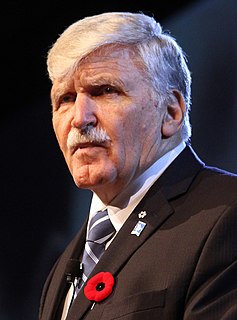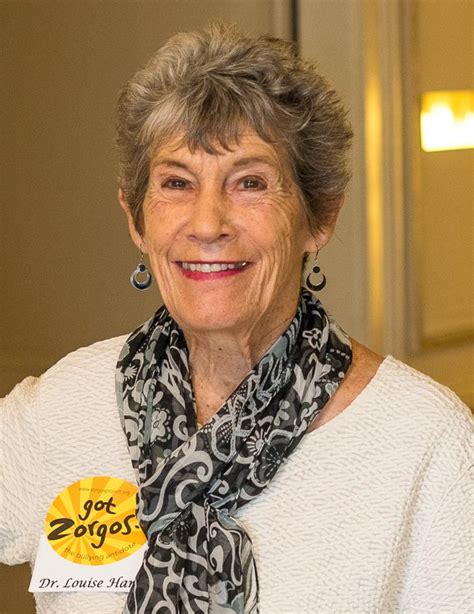A Quote by Romeo Dallaire
Are all humans human, or are some more human than others?
Related Quotes
Although humans today remain more capable than machines for many tasks, by 2030 machine capabilities will have increased to the point that humans will have become the weakest component in a wide array of systems and processes. Humans and machines will need to become far more closely coupled, through improved human-machine interfaces and by direct augmentation of human performance
We do some experiments in humans, some in mice, and there are some questions that can only be answered in nonhuman primates. It's true that you can't immediately say that those experiments will translate into human health, but nevertheless, it is obvious that having an understanding of human memory is going to be important for human health.
Maybe each human being lives in a unique world, a private world different from those inhabited and experienced by all other humans. . . If reality differs from person to person, can we speak of reality singular, or shouldn't we really be talking about plural realities? And if there are plural realities, are some more true (more real) than others?
If our well-being depends upon the interaction between events in our brains and events in the world, and there are better and worse ways to secure it, then some cultures will tend to produce lives that are more worth living than others; some political persuasions will be more enlightened than others; and some world views will be mistaken in ways that cause needless human misery.
The model of the educational Kalila Wa-Dimna. These are books of instruction to rulers and humans. The stories unfold a range of human psychology, a vast range of human psychology. The Sultan is being moved from his narrow and bigoted position into a wider, more subtle, more nuanced understanding of human experiences.
Empathy is a human trait. But lots of humans exercise some traits more energetically than others. By "the usefulness of empathy" I mean the way in which a progressive might claim that empathy is a crucial aspect of any benign political system, and the way a conservative might argue that not only is it not necessary, but it might not even be all that helpful, in that regard.
We can no more justify using nonhumans as human resources than we can justify human slavery. Animal use and slavery have at least one important point in common: both institutions treat sentient beings exclusively as resources of others. That cannot be justified with respect to humans; it cannot be justified with respect to nonhumans—however “humanely” we treat them.


































